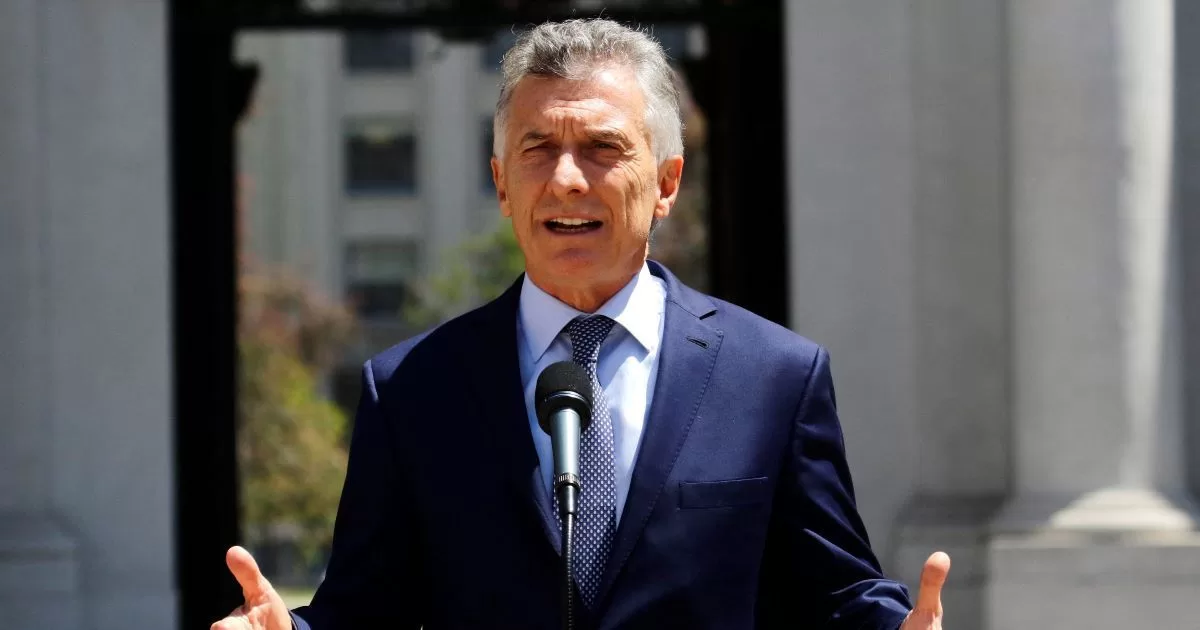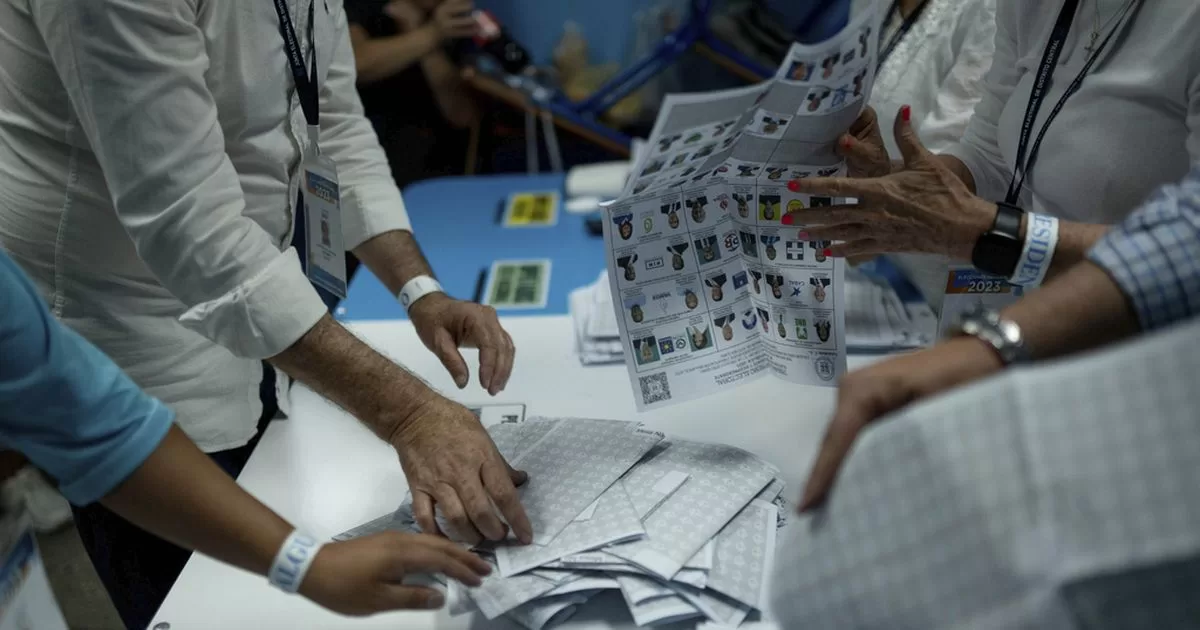Alejandra Tello Mendoza participated in the selection process of four directors of the National Electoral Institute (NE). She had 71 correct answers in the evaluation exam and 73 points in the curricular evaluation. Although she assures that she will not challenge the appointment of the four new directors, she warned urgently to reconsider the appointment mechanism, since it still allows the influence of the parties and political negotiation, for which reason it does not offer the applicants the conditions of transparency.
Interviewed, the member of the School of Electoral Justice considered that the process of insaculation of Rita Bell López, Jorge Montaño, Arturo Castillo Loza and Guadalupe Taddei Zavala as new directors was legal and valid. However, he warned that “the process requires lobbying, waiting for a political agreement. There is a vice there that we need to review ”.
He accused little transparency of the Technical Evaluation Committee in the case of Bertha María Alcalde Luján, who despite not having experience in the electoral field, always obtained the highest qualifications over many experts, such as magistrate María del Carmen Carrión or Gabriela Villafuerte, without the committee having revealed the criteria that used in their ratings.
“I’m not so sure how impartial the committee members did the job. How much were the political relations, the lobbying of the people who reached the lists?, how much was the merit and capacity? It is said that the exam was poorly done: there were 10 very ambiguous questions, which in my opinion gave rise to the qualifications of several people being modified and I believe that the Committee did not adequately justify the answer to those questions.
“I wonder why some people rated their curriculum evaluation very low and others very high. For example, the case that was always very notorious: Bertha María Alcalde Luján, who always had the best qualifications above many experts in electoral matters such as the magistrate herself (María del Carmen) Carrión or Gabriela Villafuerte, who were strong figures. of the contest and were left behind. We do not know what criteria were used to assess correctly.
“There is no transparency about the criteria that were followed during the interviews and the length of time they spent negotiating is very striking. I honestly get the impression that the people who appeared in the quintets at the end of the day were negotiated, it could be a wrong perception, but there is not complete transparency.
“The political parties have not relinquished control of this contest, they have not relinquished the power they have to appoint the councilors, and this is known. It has always been like that, but obviously in this contest it was a little more noticeable, ”he asserted.
Despite this, Alejandra Tello said she was convinced not to challenge the appointment of the four directors before the Electoral Tribunal of the Federal Judiciary (TEPJF), an instance that will have -he said- to define new criteria and with this it will have a great task in resolving the challenges.
“If we look at it from a human rights perspective, we all have the right to be part of the electoral authorities, but I think that we will also have to think very seriously that obviously these criteria are evolving little by little.
“For example, when a candidate or elected candidate denounces, many times it has been considered that the reported irregularities become irreparable, the damage becomes irreparable when the position is taken; That is why electoral matters are very fast, very fast. For this reason (the TEPJF) can even legally conclude that the events have been irreparably consummated for the people who participated in that contest ”, he stated.
However, the lawyer said that the four counselors appointed early Friday morning Chamber of Deputies they have extensive electoral experience and should not be punished for having any partisan ties.
“They all have an important track record, experience in electoral matters, there are very prominent profiles. It is not about detracting from your work, but I do believe that the process must be reviewed because there are vices that leave a state of dissatisfaction when there are no transparent, objective processes, and it was not evaluated according to merit.
“I don’t know if I would have deserved to be in the quintets, but I think that I did deserve greater transparency from the Committee and I think that many of us have this feeling: that we did a better job and that it was not reflected in the selection,” he asserted.
“Political ties of directors, there have always been”: Baltazar Trujano
Jesús Arturo Baltazar Trujano, counselor of the Electoral Institute of the State of Puebla, participated this year for the second time in a selection process for counselors of the INE.
“I think that it was very legal and it was a procedure that effectively fulfilled its function. Never before have there been so many people with electoral experience in the quintets. I think this is something very positive and it shows that the members of the Technical Evaluation Committee really valued the people who had knowledge of electoral matters. The president counselor was already president counselor of Ople in Sonora, what better experience than that. I am sure that President Guadalupe Taddei will restore the institutional role of the presidency of the INE General Council. Counselor Rita Belll López is an expert in human rights, in indigenous rights. Jorge Montaño comes as an electoral prosecutor, and I think he will give him new perspectives. Arturo Castillo, who was the planning secretary of the Superior Chamber and who will give the experience of the Judiciary to the integration of the General Council.
“Although the fact that it was for a tombola has been debated, in my opinion that gives equal opportunities to each and every participant. In 2020 I held a quintet, however, I did not have political relations or the political support of any parliamentary faction, I was not appointed in 2020 and I believe that now the people who occupied the quintets had equal opportunities, equality of conditions to be able to be appointed”.
Regarding the relations of relatives of the new INE president with Morena and the government of President Andrés Manuel López Obrador, Baltazar opined: “I believe that there have always been political ties; not only in this designation, but also in the previous ones, and these links have in no way called into question the independence of the previous people who held positions as electoral advisers of the INE or the IFE. What’s more, before it was political negotiations that made the ministries occupy these positions. We are in a political sphere in which it is necessary to build consensus among the parliamentary groups, and I believe that this is not in dispute with the electoral authorities, which do not come from an egg”, he affirmed.
Baltazar Trujano recalled that in 2026 there will be a new process for appointing directors, since Dania Paola Ravel Cuevas, Beatriz Claudia Zavala Pérez and Jaime Rivera Velázquez will conclude their terms. However, he estimated that in this period there will not be a constitutional reform to modify the designation model.
“I am very pleased to see the evolution that has taken place from 2020 to 2023. It is very unlikely that there will be a constitutional reform that changes the method, but this speaks of the maturity of Mexican democracy. Quite independently of the discourse of the disqualifications of the political parties, we are advancing in the development of the institutions, ”she considered.
kg


